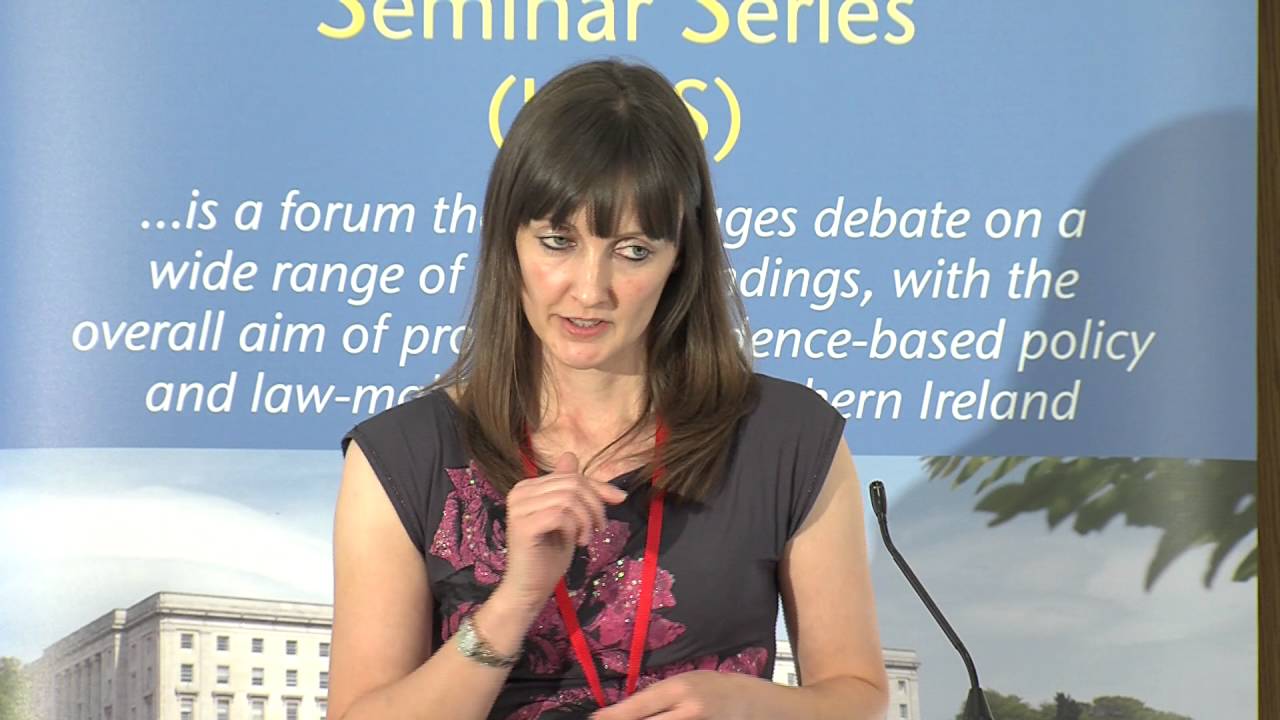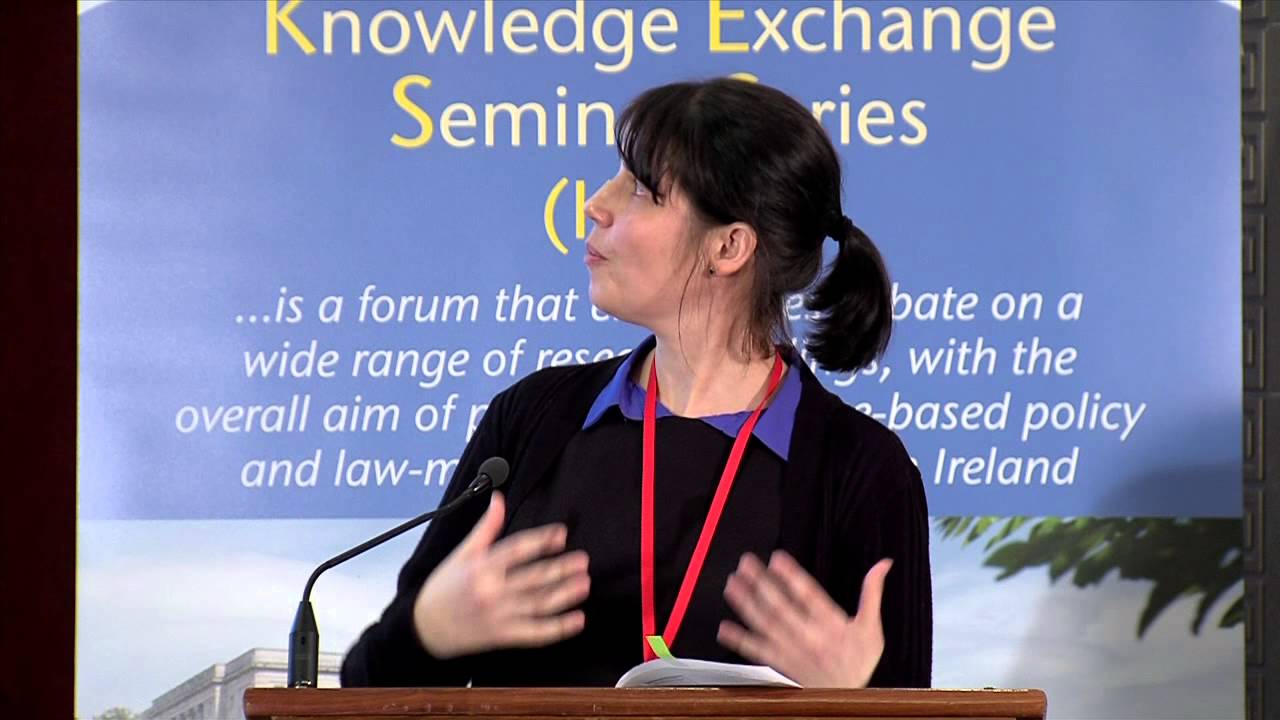The empowering role of smartphones in behaviour change interventions: The Gray Matters Study
Prof Chris Nugent, Prof Sally McClean and Dr Ian Cleland (Ulster) The use of mobile apps are being claimed to have the ability to support… Read More »The empowering role of smartphones in behaviour change interventions: The Gray Matters Study








